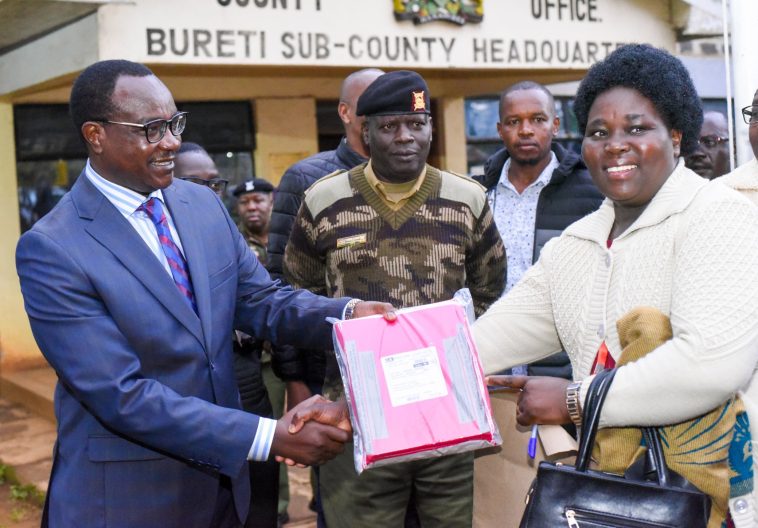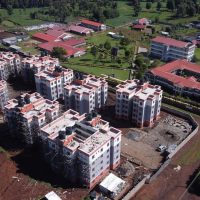The Kenya National Examination Council (KNEC) has launched smart digital padlocks to improve the security and transparency of the 2025 national exams. The move marks a major step toward curbing exam malpractice and protecting the integrity of national assessments.

Education Cabinet Secretary Julius Ogamba said KNEC is piloting the high-tech padlocks in 250 exam storage containers across the country. The locks are linked to the KNEC command centre, which tracks in real time when each container is opened or closed. “These locks give instant updates on access times, ensuring accountability and transparency,” said Ogamba.
Under the new rules, everyone inside examination centres must surrender their mobile phones once papers are distributed. The National Police Service will secure KCSE exams, while education officers and school heads will manage KPSEA and KJSEA under a school-based system.
The ministry also introduced personalised exam papers that carry each candidate’s name and a random number. Learners will write answers directly in the question booklet. After the exam, the identification section will be detached and packed separately to ensure fairness in marking.
Collection of exam materials will follow strict timing. KPSEA and KJSEA papers will be picked once daily at 6:00 a.m. KCSE papers will be collected twice – at 7:00 a.m. for morning sessions and 12:00 p.m. for afternoon sessions.
The 2025 exams will be historic. Grade Six pupils will take KPSEA, while Grade Nine learners will sit the KJSEA – their first-ever national assessment. KJSEA will test twelve learning areas over six days, while KPSEA will cover five subjects in three days. KPSEA exams are scheduled for October 27–29 and KJSEA will run from October 27 to November 3, 2025.
Through these digital reforms, the Ministry of Education aims to build a secure, fair and transparent examination system that upholds the credibility of Kenya’s education standards.
Discover more from ULIZA LINKS NEWS
Subscribe to get the latest posts sent to your email.



